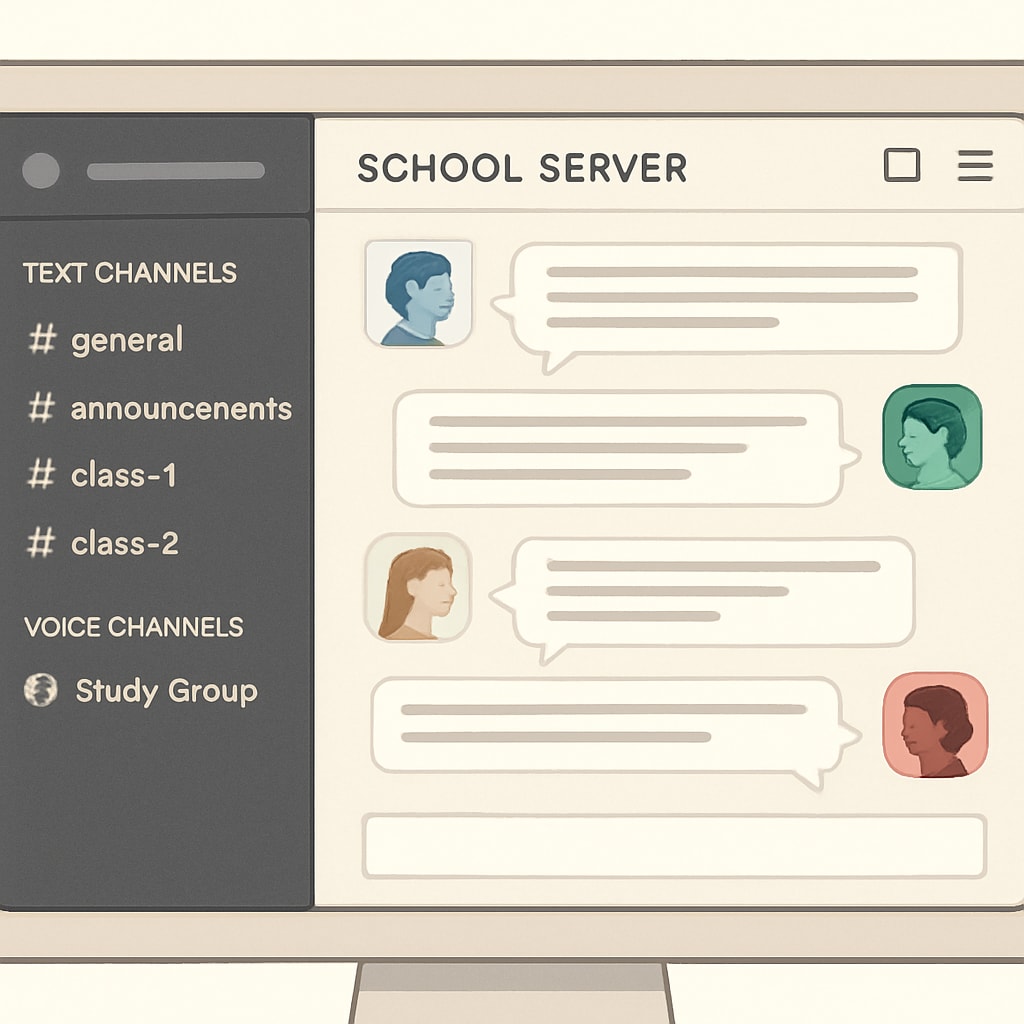When it comes to modern K12 education, the combination of study groups, Discord, and Houston University resources offers a powerful foundation for improving student learning outcomes. Collaborative learning communities not only provide academic support but also help students develop critical 21st-century skills, such as communication, teamwork, and problem-solving. This article dives into practical ways educators and parents can leverage these tools to maximize student potential.
The Role of Study Groups in Collaborative Learning
Study groups have long been a cornerstone of collaborative education. By working together, students can pool their knowledge, challenge each other’s perspectives, and reinforce their understanding of complex topics. At Houston University, study groups are often formed organically among peers, but they can also be structured by educators to target specific learning goals.
For example, a study group focused on STEM subjects might meet weekly to tackle challenging problems, share insights, and prepare for exams. This setup creates a supportive environment where students feel comfortable asking questions and exploring new ideas. Additionally, these groups help students build interpersonal skills that are essential for their future careers.
- Encourage active participation among group members.
- Set clear objectives for each meeting to stay focused.
- Use tools like shared calendars to coordinate sessions effectively.

Digital Platforms: Transforming Collaboration with Discord
Digital platforms like Discord have revolutionized the way students collaborate, offering a space where they can connect beyond the physical classroom. Originally designed for gaming communities, Discord has become increasingly popular in educational settings due to its user-friendly interface and diverse functionalities.
At Houston University, students use Discord to create private servers for their study groups, allowing them to exchange resources, discuss assignments, and even host virtual study sessions. Features like voice channels and file sharing make it easy to collaborate in real-time, while the platform’s accessibility ensures that no student is left out.
For educators considering Discord, here are some tips for implementation:
- Create dedicated channels for specific subjects or topics to keep discussions organized.
- Monitor activity to ensure the platform remains a positive and productive space.
- Provide guidelines on digital etiquette to foster respectful communication.

Practical Strategies for Parents and Educators
To maximize the benefits of study groups and digital platforms, parents and educators play a vital role in guiding students. Here are some actionable strategies:
- Facilitate group formation: Help students identify peers with similar academic goals or interests.
- Integrate technology: Introduce platforms like Discord as complementary tools for learning.
- Track progress: Encourage students to set measurable goals and review their achievements regularly.
As a result of these efforts, students can develop a strong sense of community, improve their academic performance, and acquire skills that will serve them well beyond their school years.
Why Houston University is an Ideal Hub for Student Collaboration
Houston University stands out as a center for educational innovation, offering a wealth of resources for K12 students and educators. From its modern facilities to its emphasis on collaborative learning, the university provides an ideal environment for fostering academic success. The integration of digital platforms like Discord further enhances the learning experience, making it accessible and engaging for students from all backgrounds.
Whether you are a parent, teacher, or student, leveraging study groups and digital platforms at Houston University can transform the way learning happens. By embracing collaboration and technology, we can empower K12 students to thrive in an increasingly interconnected world.
Readability guidance: Use short paragraphs and lists to summarize key points; ensure logical transitions with phrases like “as a result” and “for example.” Maintain a balance between active and passive voice, with an average sentence length of 12-16 words.


